It’s Not Easy Being Green: Powering The Future (Podcast)
Jul0

Wind turbines collecting energy that will eventually be converted into electricity and other fuel sources. This technology is widely discussed in the new Discovery Channel special "Powering The Future." Image courtesy of Discovery Channel.
Nothing has done more to reinvigorate discussions about energy and fuel dependence than the tragic oil spill currently afflicting the Gulf Coast [excellent resource for trajectory, timeline and news sources]. Though scientists and oil manufacturers continue to debate the validity of the “Peak Oil” theory, a very uncomfortable reality looms that oil production may not be able to keep up with thirsty demand. With an ever-increasing global population, a constant proliferation of technology choices and lifestyle improvements, and a rising middle class in third world countries, the factors contributing to fuel consumption may be the precipice of an eventual geopolitical crisis. In an effort to showcase their dedication to addressing the most salient energy and environmental questions affecting our generation, the Discovery Channel, backed by founder John Hendricks, is launching a revolutionary four-part documentary called Powering The Future. In it, they address a range of economics, national security, social and scientific questions related to energy and fuel all through the single focal point of searching for a modern, clean, limitless supply of energy. Our coverage of Powering the Future includes a review of the first installment and an exclusive podcast interview with the show’s host, lead scientist for the Nature Conservancy, Dr. M. Sanjayan. For full content, please click “continue reading.”
World Science Festival: Day 4 + Video
Jun0
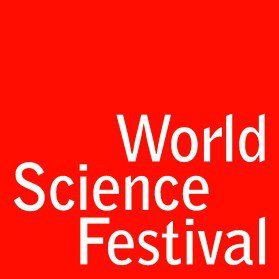
The 2010 World Science Festival Runs in New York City from June 2-6.
We have truly saved the best for last! ScriptPhD.com’s coverage of the 2010 World Science Festival in New York City concludes with panels ranging from the secrets hidden in our underwater oceanic wonderland (especially apt as we clean the worst oil spill in history), a panel on the hidden dimensions of our visual world, and a behavioral panel that sheds light into how animals and humans process thought. In addition, we provide a short video of star-gazing New Yorkers who came out to see the James Webb telescope last week. Our correspondents were the amazing New York City science writers Jessica Stuart and Emily Elert. Synopses and pictures of three extraordinary panels with the premier scientists of our time under the “continue reading” cut.
REVIEW: “Splice” (includes VIDEO interview with cast + crew)
Jun1
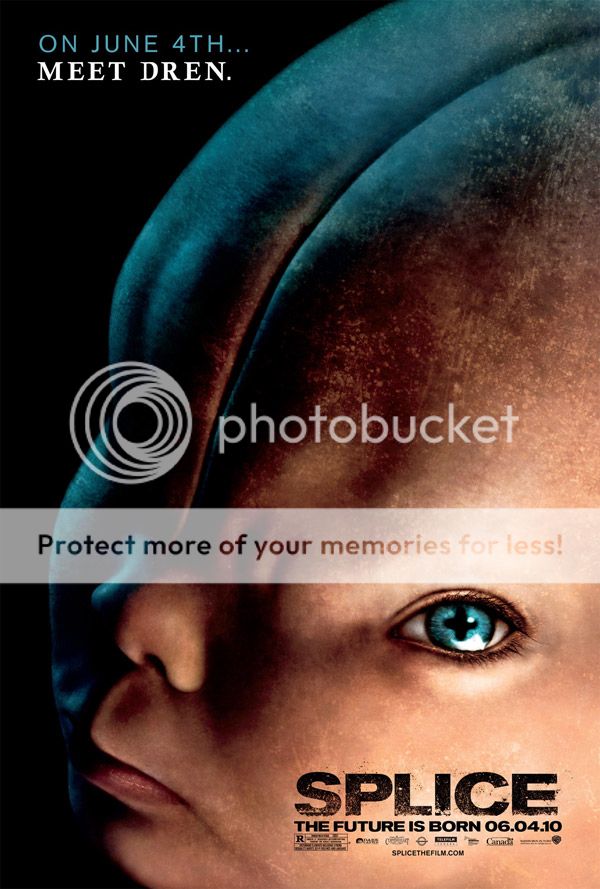
Splice ©2010 Warner Brothers Entertainment, all rights reserved.
About a week and a half ago, scientists achieved a remarkable evolutionary stepping stone in the technological holy grail of eventually engineering synthetic life. Nicknamed ‘Synthia’ by her experimental progenitors, the latest discovery is a viable, self-propagating yeast cell hosting a bacterial Mycoplasma mycoides genome (consisting of non-biological DNA) purely composed in the laboratory. In eerily apt timing, Splice, a new science fiction thriller premiering this week, explores the scientific ramifications and bioethical morass encompassing the creation of a human-animal hybrid by a rogue superstar genetics couple. Under the “continue reading” cut, ScriptPhD.com’s review of Splice, discussion of the expanding frontiers of genetic engineering, and a special video interview with the director/writer, producer and stars of the film.
Guest Article: The Idea-Monger: No Genius Required by Mark Changizi (Podcast)
May4
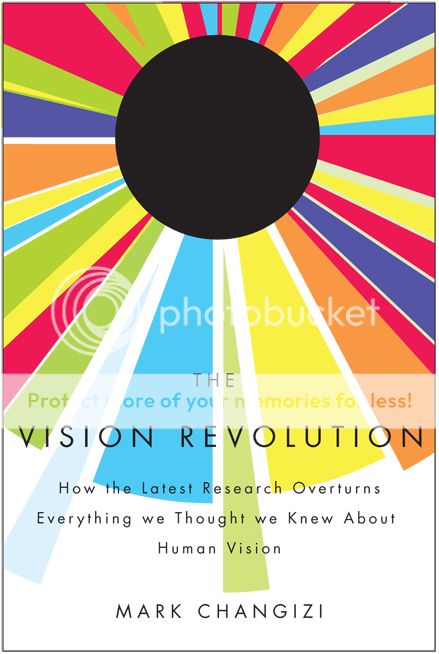
The Vision Revolution by Mark Changizi. ©2010 BenBella Books, all rights reserved
Dr. Mark Changizi, a cognitive science researcher, and professor at Rensselaer Polytechnic Institute, is one of the most exciting rising stars of science writing and the neurobiology of popular culture phenomena. His latest book, The Vision Revolution, expounds on the evolution and nuances of the human eye—a meticulously designed, highly precise technological marvel that allows us to have superhuman powers. You heard me right; superhuman! X-ray vision, color telepathy, spirit reading, and even seeing into the future. Dr. Changizi spoke about these ideas, and how they might be applied to everything from sports stars with great hand-eye coordination to modern reading and typeface design with us in ScriptPhD.com’s inaugural audio podcast. He also provides an exclusive teaser for his next book with a guest post on the surprising mindset that makes for creative people. Read Dr. Changizi’s guest post and listen to the podcast under the “continue reading” cut.
‘From Eternity to Here’ with Physicist Sean Carroll
May0
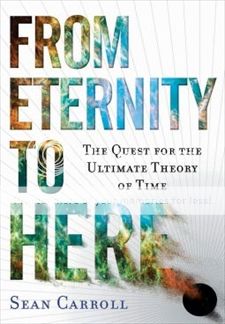
Physicist Sean Carroll's new book "From Eternity to Here." ©2010 Dutton Books, all rights reserved.
What is time? How does it work? Why is it immutably unidirectional (moving from the past and towards the future)? And most importantly, why does time exist at all? These are among the preeminent metaphysical questions to date for scientists and laypeople alike. Using the principles of entropy and universe expansion since the Big Bang, cosmologist Sean Carroll (recently profiled in the New York Times) hypothesizes about the arrow of time in a brilliant new book From Eternity to Here: The Quest for the Ultimate Theory of Time. In addition to reviewing the book, ScriptPhD.com’s in-house physics and astronomy guru, Stephen Compson, had an extraordinary opportunity to sit down with Dr. Carroll in his physics lab at Caltech University. In a stunningly in-depth, rich interview, they explored everything from the creation of our universe, to entropy, the time-space continuum, how physics and film intersect, and why the principles in Dr. Carroll’s book are important and topical for the general public to grasp. It’s rare to see this wide-ranging of a discussion on popular physics from such an authoritative researcher, so sit back, enjoy and click “continue reading” for more.
Interview: Digital Footprints of Modern Advertising and Media
May0
Who among us has not computerized our bills, thinking that reducing paper consumption was more Earth-friendly? Or increased accomplishing anything and everything by email that used to be done by snail mail? On a larger scale, media and advertising (and to some degree entertainment) has had the same idea, moving away from traditional print to digital delivery models. At the Sustainable Media Climate Symposium in Manhattan last December, Don Carli spoke about the new and somewhat controversial concept of ‘Tree Washing’ within the advertising and media industries, specifically the notion that modern technology use and methodologies leave a larger carbon footprint than the traditional paper industry:
The video, and idea, caught ScriptPhD.com’s attention in a big way. Mr. Carli, the director of the Institute for Sustainable Communications, has hypothesized extensively about whether digital media is worse for the environment, including a recent white paper about the guilt that this new dilemma has incurred in consumers. Eager to learn more, ScriptPhD.com sat down with Mr. Carli to discuss the technology and environmental challenges presented by modern media and advertising conduits, how technologists and creatives can work in concert with environmental and watchdog organizations to mitigate these challenges as technology continues to evolve in our lives, and why it’s in businesses’ and brands’ best interests to compact carbon footprints. For our complete interview, please click “continue reading.”
Selling Science Smartly: Green Advertising with RIESTER
Apr2

Much of today’s messaging about the environment, green initiatives and ways for the public to make a difference physically and fiscally are centered around media and advertising. To wit—even amid the deepening recession, one market has seemed to defy the economic downturn: green and environmentally-friendly product launches. Sadly, however, a large and growing subset of the eco-conscious creative collective is enveloped in hyperbole and hubris, a term the industry has labeled “greenwashing” that we will discuss in much greater detail in another article. It was natural then, that as part of our Earth Week coverage, ScriptPhD.com undertook green advertising as part of our continuing “Selling Science Smartly” series. Here, we profile a case study of several impressive (and effective) campaigns by the West Coast-based RIESTER, including work on recycling, clean air, and the first fully-integrated municipal sustainability campaign in the US. We also had an opportunity to speak with RIESTER’s executive team, who provided insights into their creative strategy, why green advertising is more challenging than ever before, the crucial importance that interactive played in their success, and why every agency should be blogging more.
Earth Week INTERVIEW: ‘Tapped’ Director/Producer Stephanie Soechtig
Apr8
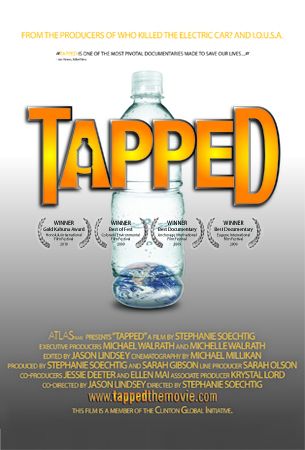
Tapped poster and logos ©AtlasFilms, all rights reserved.
Back in March, we reviewed the stirring documentary Tapped, which chronicles the harmful environmental and health impact of our bottled water addiction. Since our World Water Day 2010 coverage, the filmmakers have embarked on an ambitious “Get Off The Bottle” 30 city, 30 day bus tour, set to conclude on April 22, Earth Day. Tapped director and producer Stephanie Soechtig took time out from the tour to talk to ScriptPhD.com about the tour, their efforts to educate people about bottled water, how the film’s release has impacted her, her wishes for changes in the advertising and marketing of bottled water, and things we can all do to make that happen. Day 2 of our Earth Week coverage continues on the theme of how valuable water is to our environment. For our interview with Stephanie, please click “continue reading.”
INTERVIEW: Breaking Bad Creator/Executive Producer Vince Gilligan
Apr1
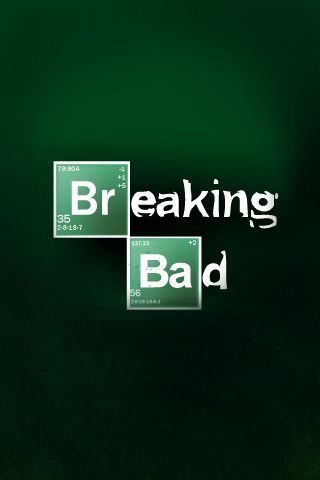
Breaking Bad images and logo ©AMC Television and Sony Pictures, all rights reserved.
Last year around this time, ScriptPhD.com posted Breaking Bad, Chemistry Good, an in-depth article about AMC’s breakout hit Breaking Bad, and its stunningly accurate science content. Walter White, the show’s anti-hero, is a cancer-stricken high school chemistry teacher who starts cooking and dealing methamphetamine for financial security. In our article, we highlighted several clever uses of chemistry throughout the show’s run that not only integrated brilliantly into the plot but had realistic real-world applications as well. What a difference a year makes! Last week, Editor Jovana Grbić sat down with Breaking Bad‘s delightful Creator and Executive Producer Vince Gilligan to talk about the show’s origins, the science, and some behind-the-scenes secrets that will surprise even dedicated fans. We hope you enjoy reading our interview as much as we enjoyed chatting with him. The secrets of Breaking Bad, under the “continued reading” cut.
PROFILE: Popular Science’s Theo Gray
Mar0
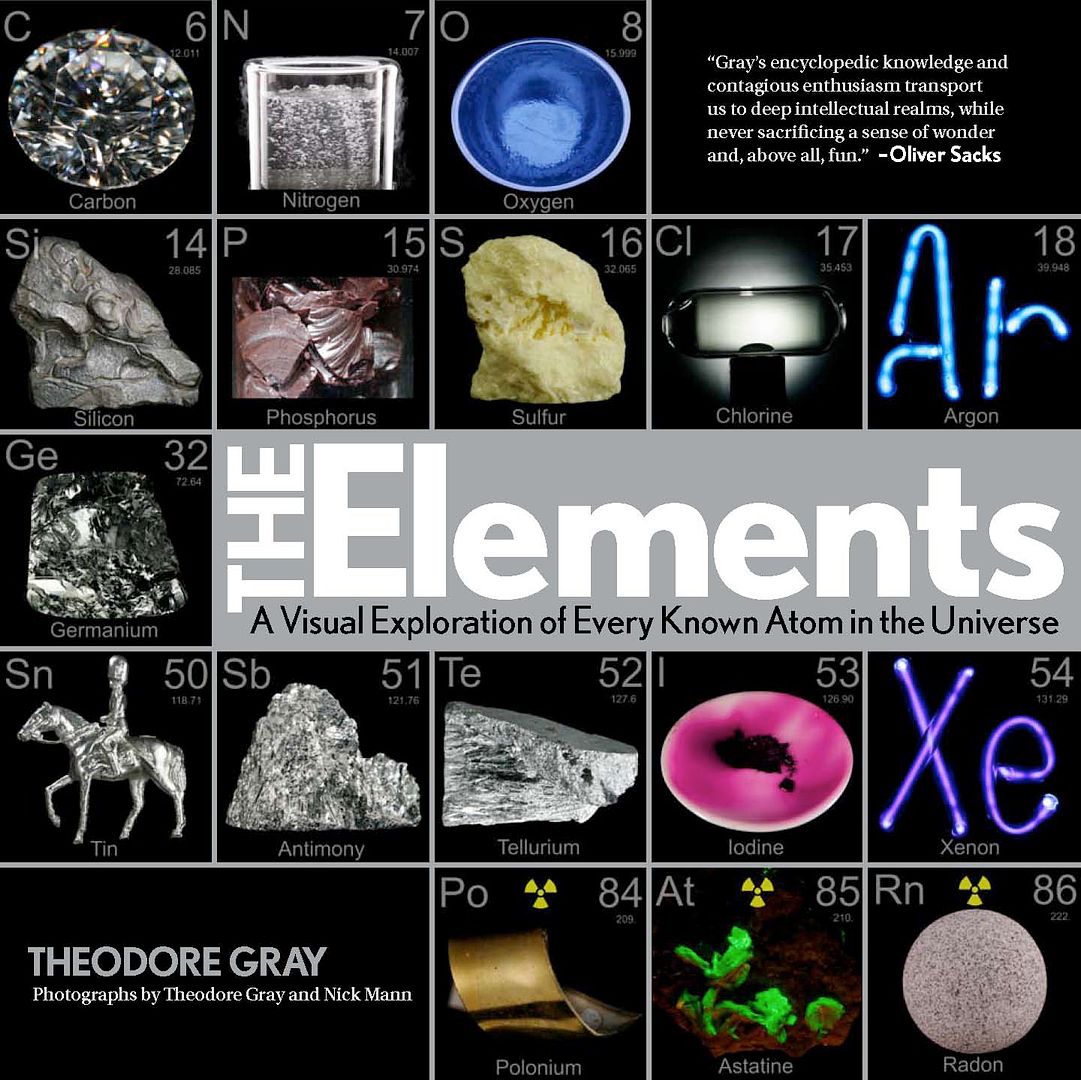
The Elements, a hardcover book of photography for every element in the periodic table. ©2009 Black Dog and Leventhal Publishing.
He is one of the most popular and explosive (sometimes literally!) science columnists of our day. Since 2005, he has written the Popular Science blog Gray Matter. He has been willing to try virtually any chemistry experiment known to man, all in the interest of proving a theory and educating (and entertaining) a fortunate lay audience. He has created the most widely acclaimed periodic table ever, which has been replicated into posters, an actual table, playing cards, and now, a gorgeous full-color hardcover book. Who is this mad scientist I am referring to? Why, Theodore Gray, of course! For Day 3 of Science Week, ScriptPhD.com is thrilled to review his new book The Elements, an equal parts homage to chemistry and photography. Editor Jovana Grbić sat down with Theo in a candid, in-depth interview about his books, his favorite elements, and the responsibility science writers have to informing the public. More more content, please click “continue reading.”

















